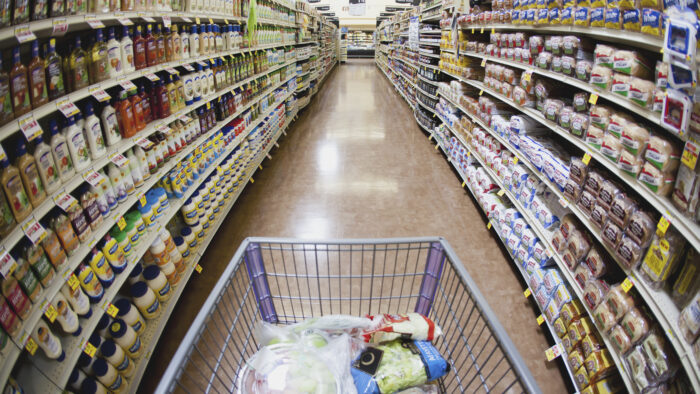There is growing concern in West Virginia that the Supplemental Nutrition Assistance Program (SNAP), which provides food benefits for low income families won’t be available next month if the federal government shutdown continues.
About 1 in 6 people – roughly 277,000 West Virginians including about 100,000 children – rely on SNAP benefits for food.
In previous shutdowns administrations from both parties have used contingency funds to provide those benefits – and that’s a possibility this time.
The U.S. Department of Agriculture, which administers the federal program, is estimated to have $5 billion on hand, which would cover partial payments nationwide in November. The administration has not yet said if it plans to take those funds.
Kelly Allen with the West Virginia Center on Budget & Policy, said Wednesday that local charities do not have the resources to meet that level of need.
“For every meal that a food pantry or charitable provider provides SNAP provides 12 meals,” Allen said. “I just say that to put it in the scope of how difficult it would be for our charitable networks to absorb something of this scale.”
Gov. Patrick Morrisey’s office says like other states West Virginia does not have the budget to shoulder those costs.
“West Virginians facing challenges due to delayed SNAP benefits are encouraged to utilize Family Resource Network centers and food pantries and contact their caseworker to help find resources,” the office said in an emailed statement.
Add WVPB as a preferred source on Google to see more from our team

























